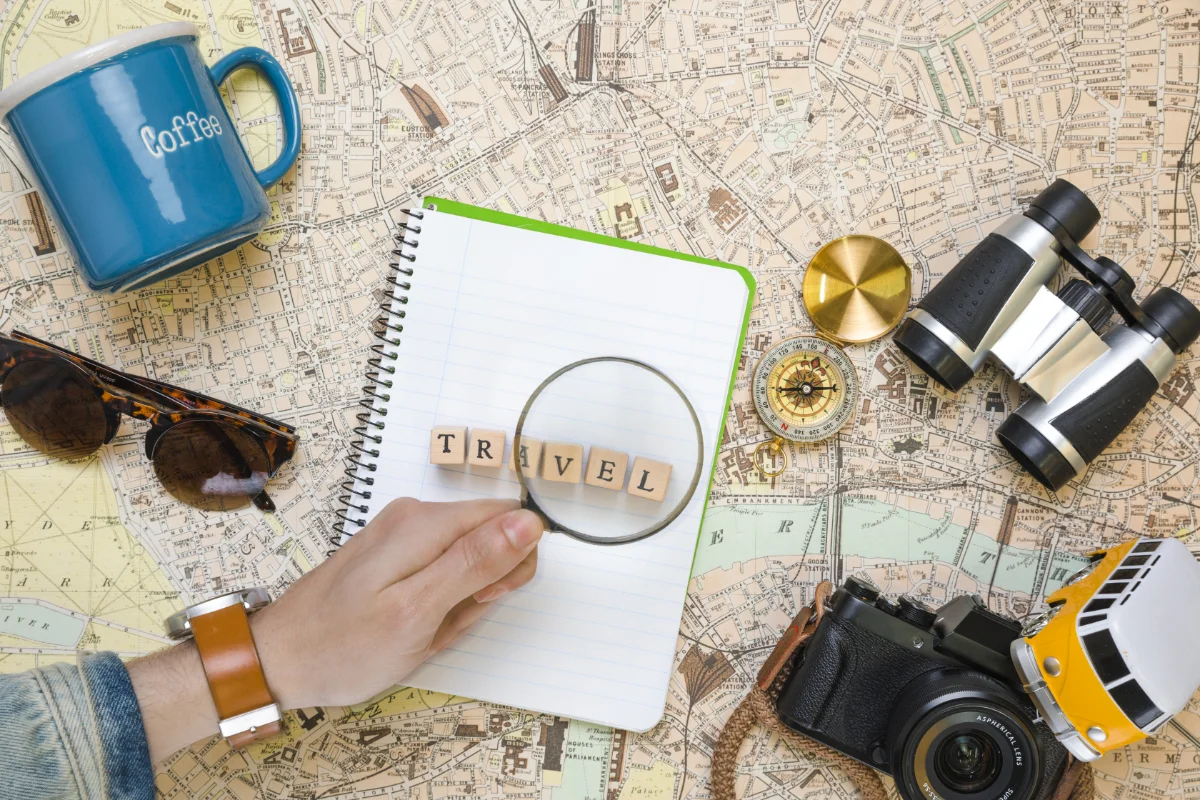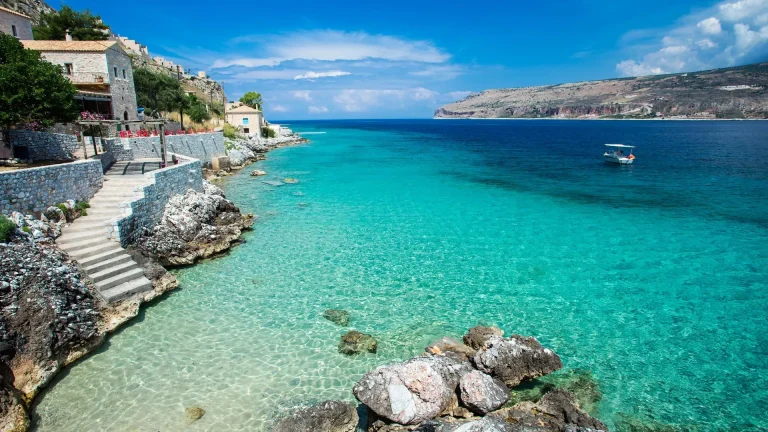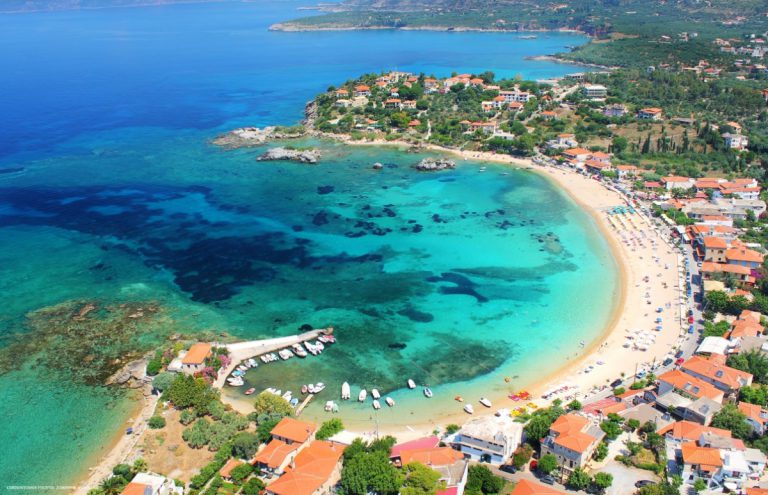
Travel Tips for Visiting Greece: What You Need to Know
Greece is a country that combines rich history, stunning landscapes, vibrant culture, and warm hospitality. Whether you’re visiting for leisure or business, a little planning can go a long way toward making your trip smooth, safe, and memorable. Here are some essential travel tips for visiting Greece:
1. Plan Ahead
- Book your flights, ferry tickets, and accommodation early, especially during the summer season.
- Check your travel documents: EU citizens can travel with a valid ID; others may need a passport or visa.
- Consider travel insurance, especially if renting a car or doing outdoor activities.
2. Getting Around
- Greece offers a variety of transportation: plane, ferry, car, train, and bus.
- In cities, you can use public transport or taxis.
- For remote destinations or scenic road trips, renting a car is a great option.
3. Use Helpful Apps
- Use apps like Google Maps, Moovit, or Rome2Rio to navigate routes and transport options.
- Download local apps such as OASA Telematics (Athens public transport) or TrainOSE (Greek trains).
- Many places offer free Wi-Fi, but you can also buy a local SIM card for data access.
4. Local Hours and Culture
- Shops often open from 9:00–14:30 and again from 17:30–21:00, especially outside city centers.
- Most restaurants serve lunch after 1:00 PM and dinner after 8:00 PM.
- Greeks are friendly and helpful, but public services may require a bit of patience.
5. Money and Payments
- Greece uses the euro (€).
- Credit/debit cards are widely accepted, but it’s a good idea to carry cash, especially in small villages or islands.
- ATMs are everywhere, but international cards might incur fees.
6. Safety and Health
- Greece is considered a very safe destination.
- In case of emergency, dial 112 (EU-wide emergency number).
- In summer, stay hydrated, use sunscreen, and avoid the midday sun.
7. What to Pack
- Bring comfortable shoes and clothing, especially if exploring archaeological sites or walking in cities.
- Don’t forget sunscreen, sunglasses, a hat, and possibly a light jacket for cooler evenings or windy islands.
Extra Tip:
Learning a few basic Greek phrases can go a long way – a friendly “Kalimera” (Good morning) or “Efharistó” (Thank you) will be warmly appreciated!




